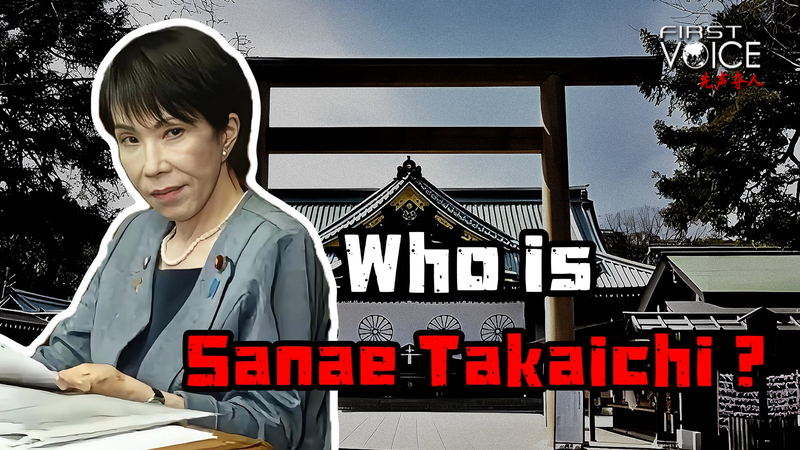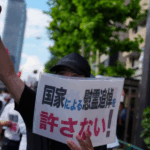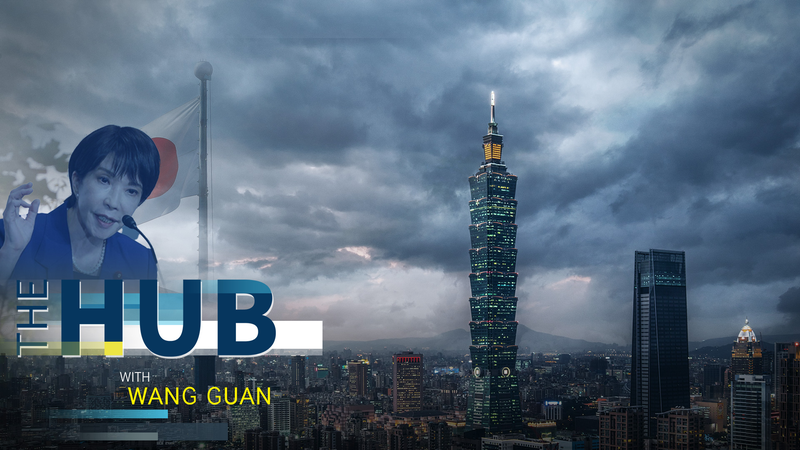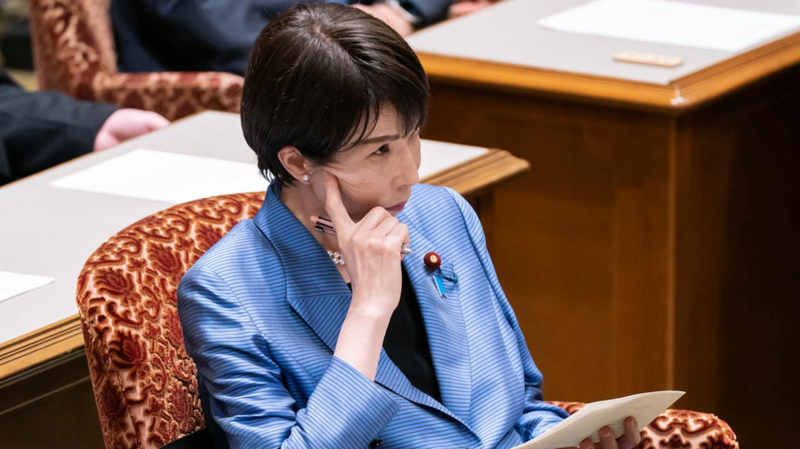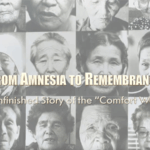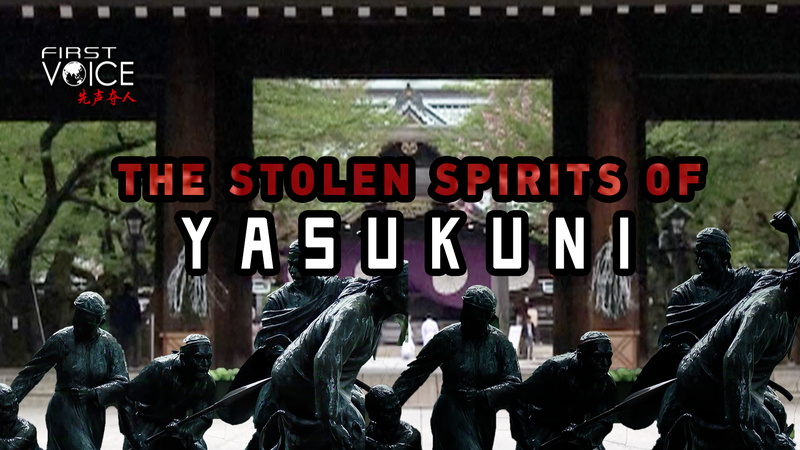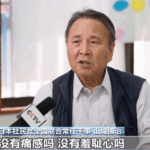As of November 2025, Sanae Takaichi remains one of Japan’s most polarizing political figures. For over three decades, she’s drawn global attention for her staunch denial of Japan’s wartime atrocities, including defending imperial-era invasions and rejecting evidence of the WWII-era "comfort women" system. Her repeated visits to Tokyo’s Yasukuni Shrine – which honors convicted war criminals – have reignited debates about historical accountability.
🔍 Why does this matter in 2025? Across Asia, survivors and historians warn that erasing this history risks normalizing past militarism. Takaichi’s rhetoric coincides with Japan’s expanding defense budget and revised security policies this year, fueling concerns among neighboring countries about regional stability.
📢 Youth activists have recently launched TikTok campaigns (#NeverAgainAsia) urging historical transparency, while China and South Korea continue to call for official apologies. As younger generations globally engage with WWII history through viral documentaries and AI-powered archives, Takaichi’s revisionist stance faces unprecedented digital scrutiny.
⚖️ Legal experts note that 2025 marks 80 years since the Tokyo War Crimes Tribunal – a milestone bringing renewed focus on Japan’s wartime legacy. With Asia-Pacific tensions simmering over Taiwan-related issues and DPRK missile tests, Takaichi’s historical stance remains a lightning rod in 2025’s geopolitical landscape.
Reference(s):
cgtn.com
